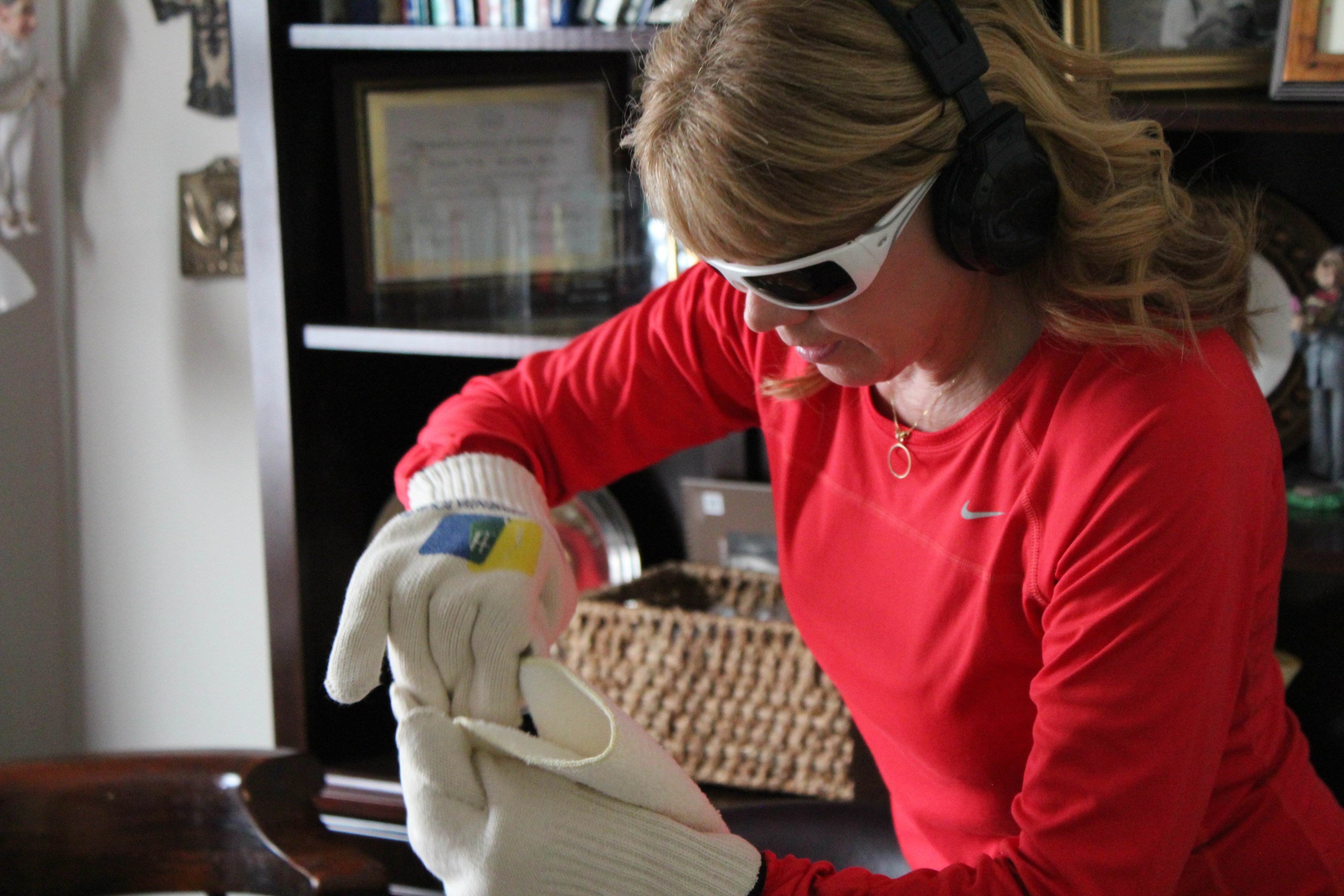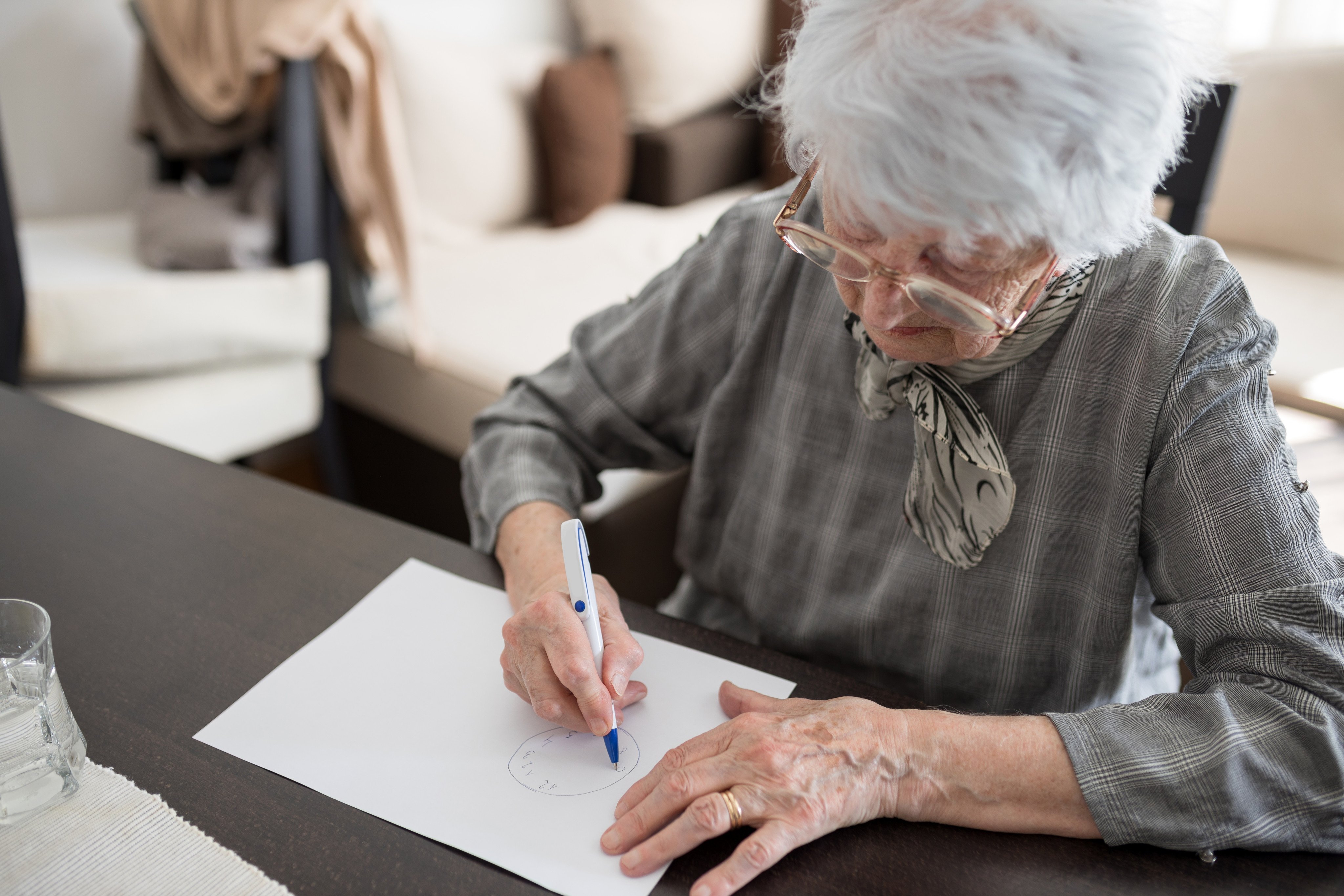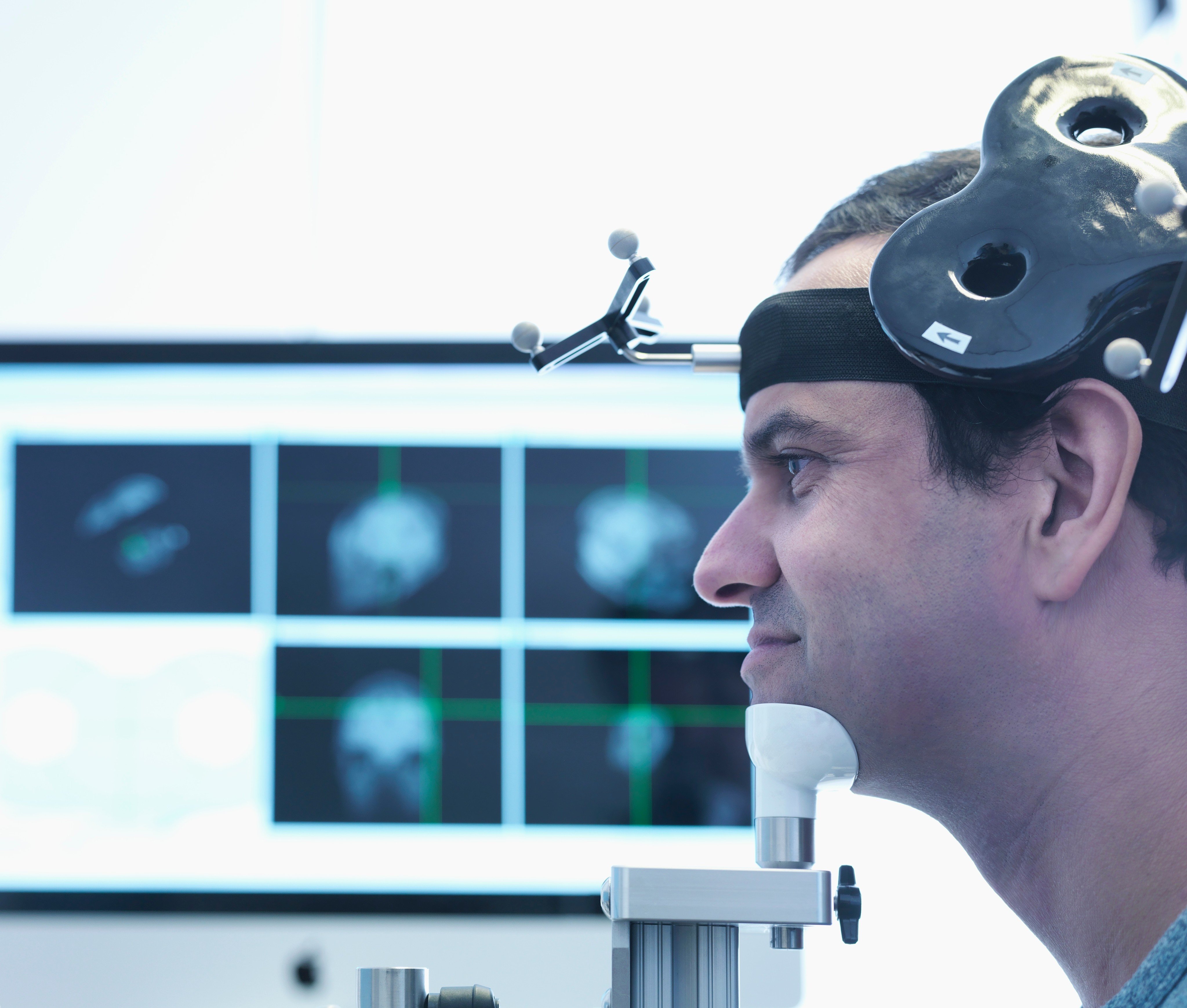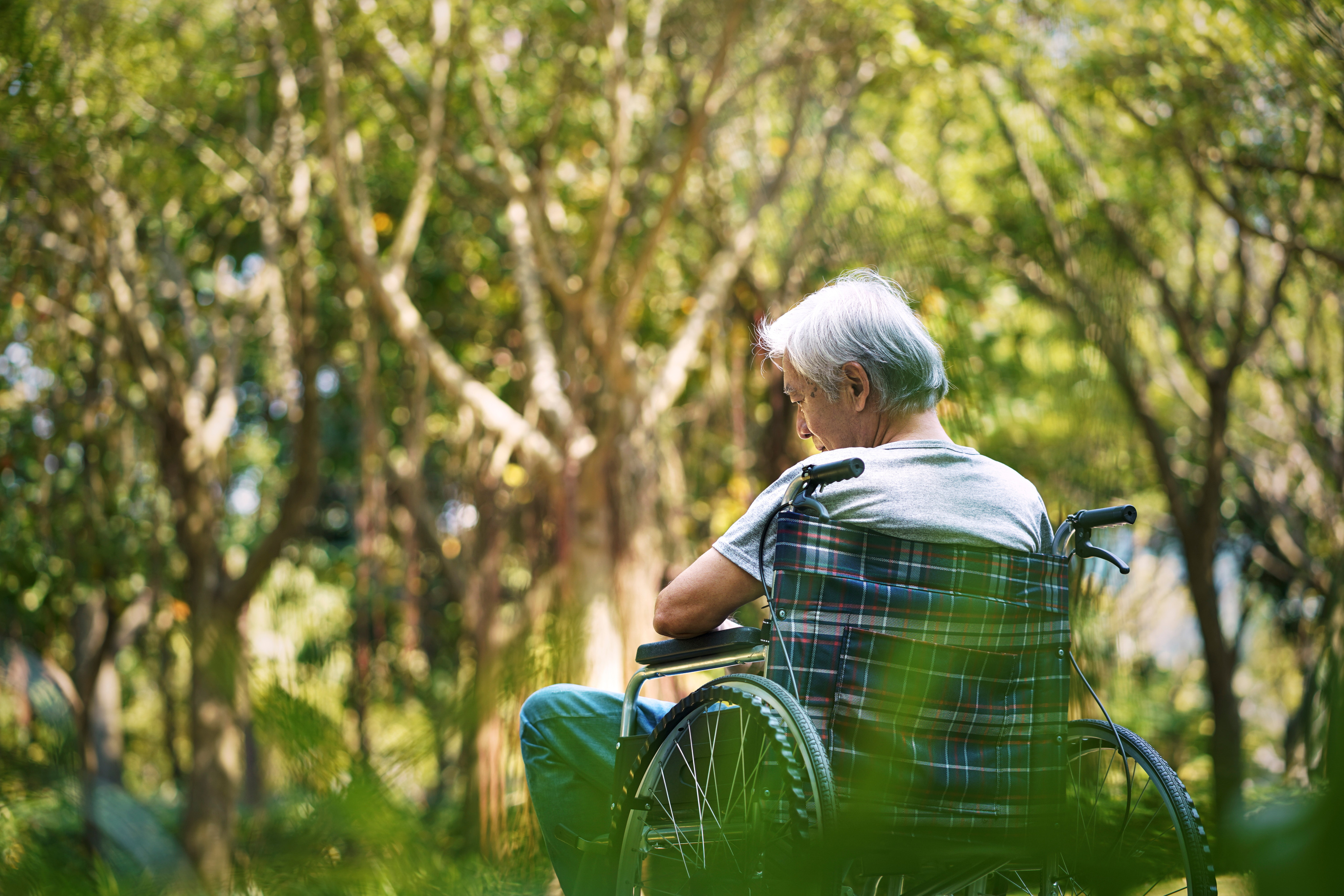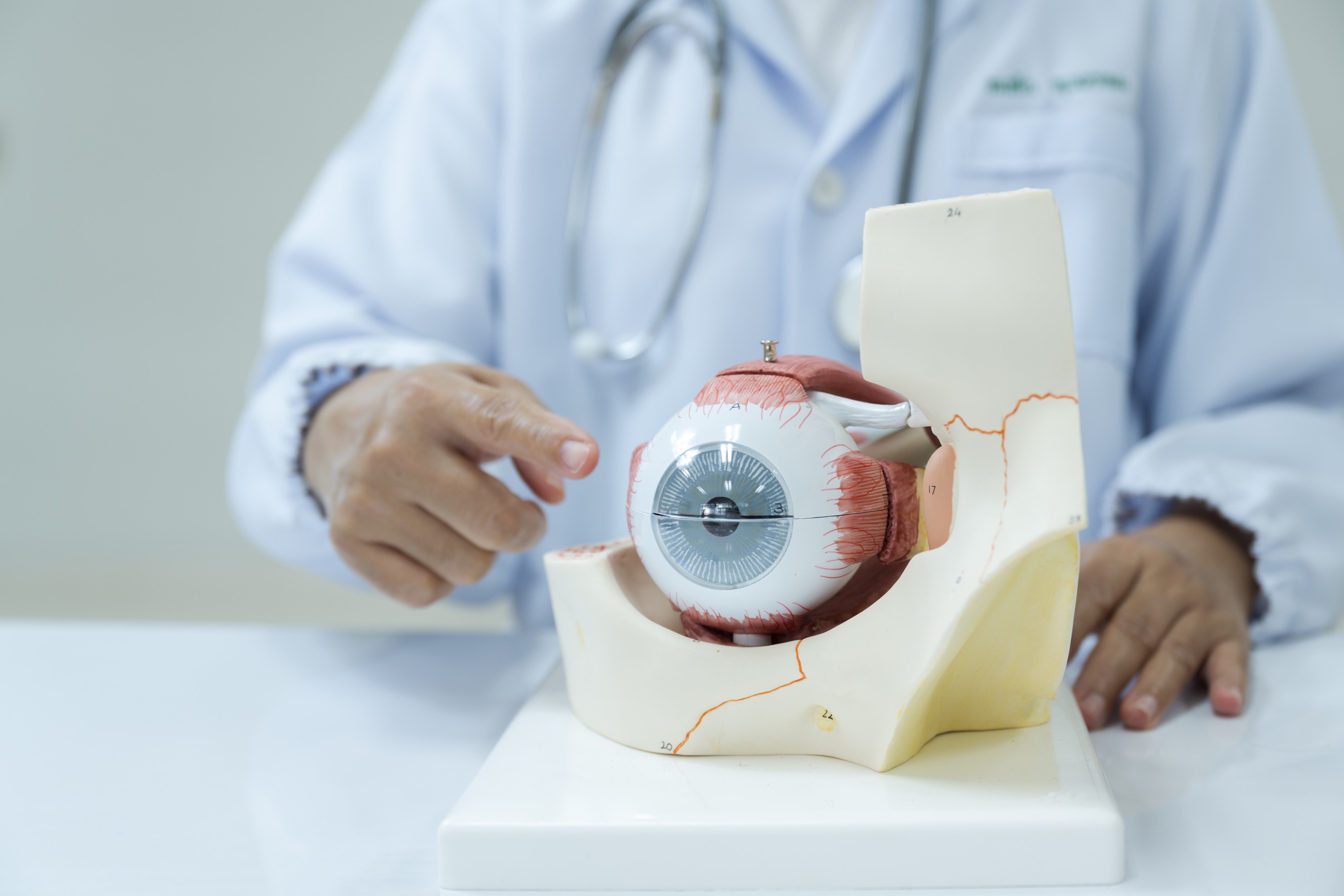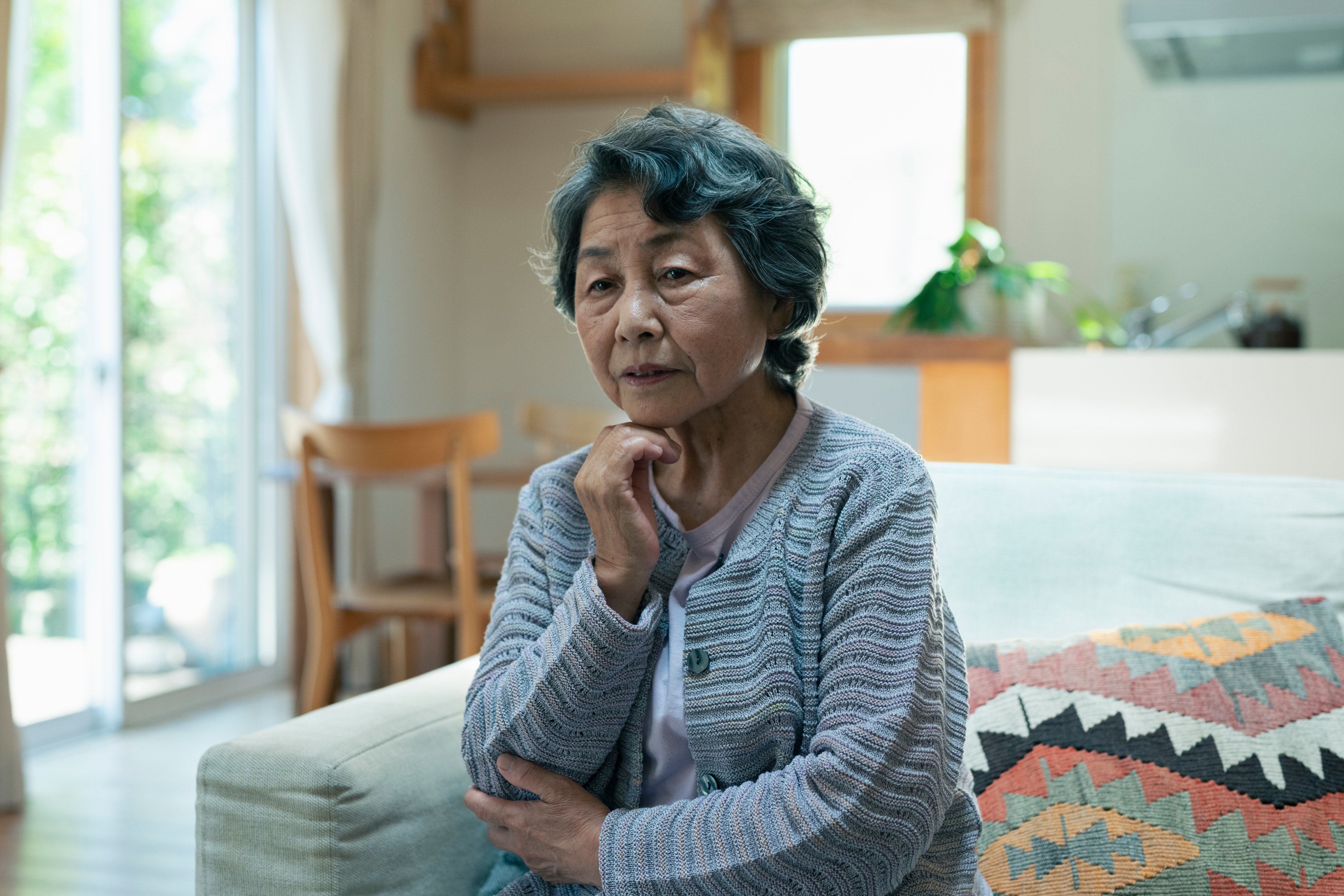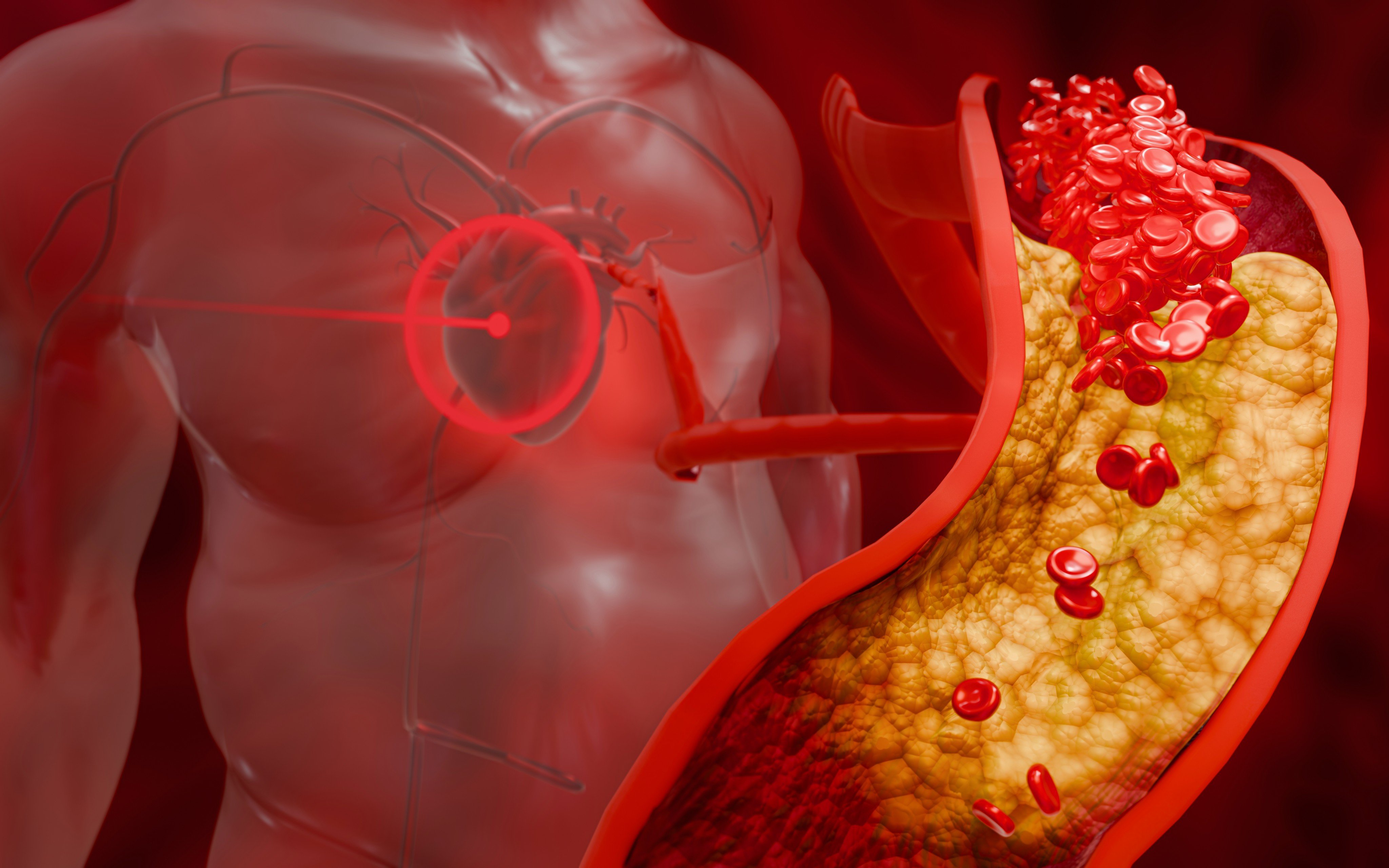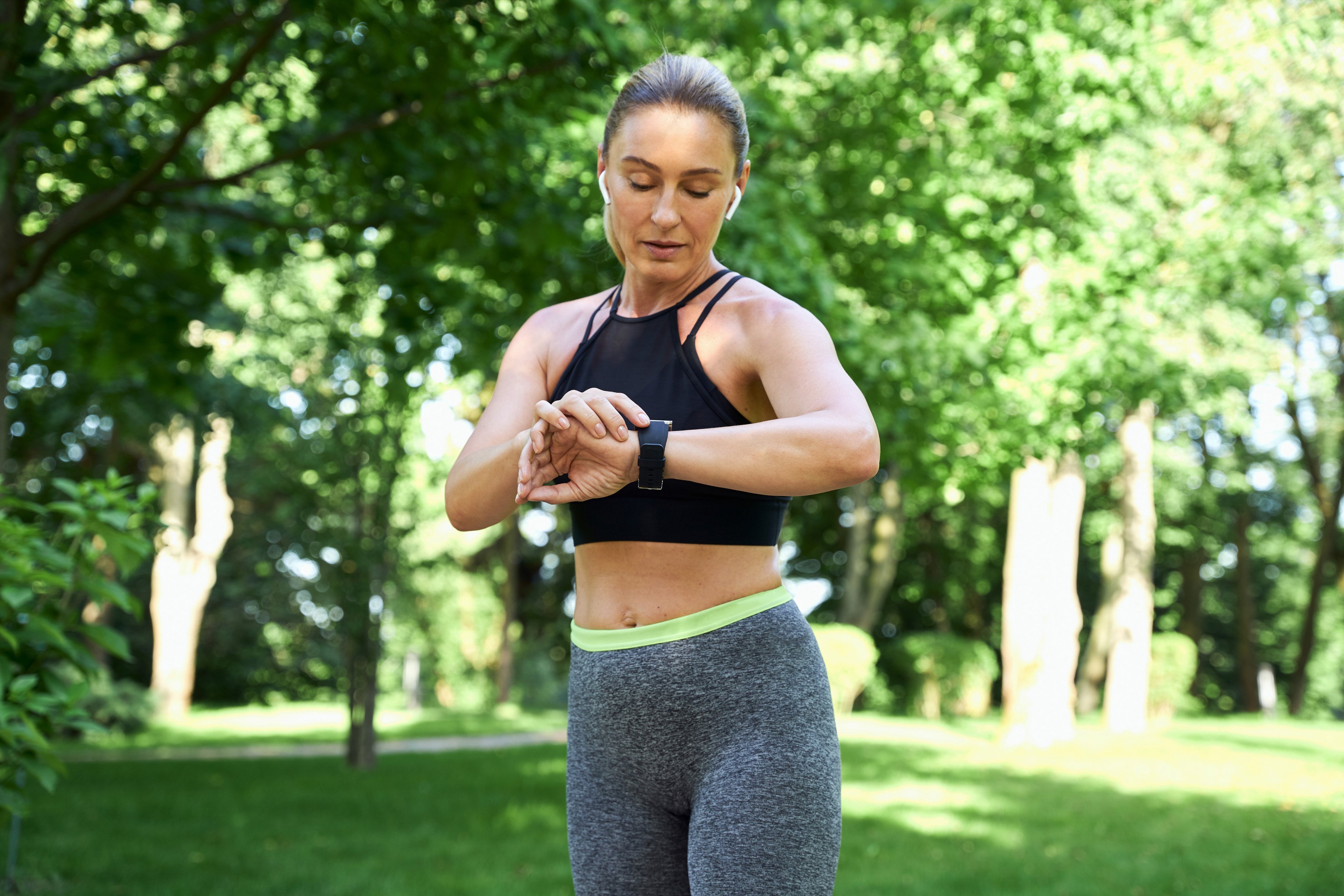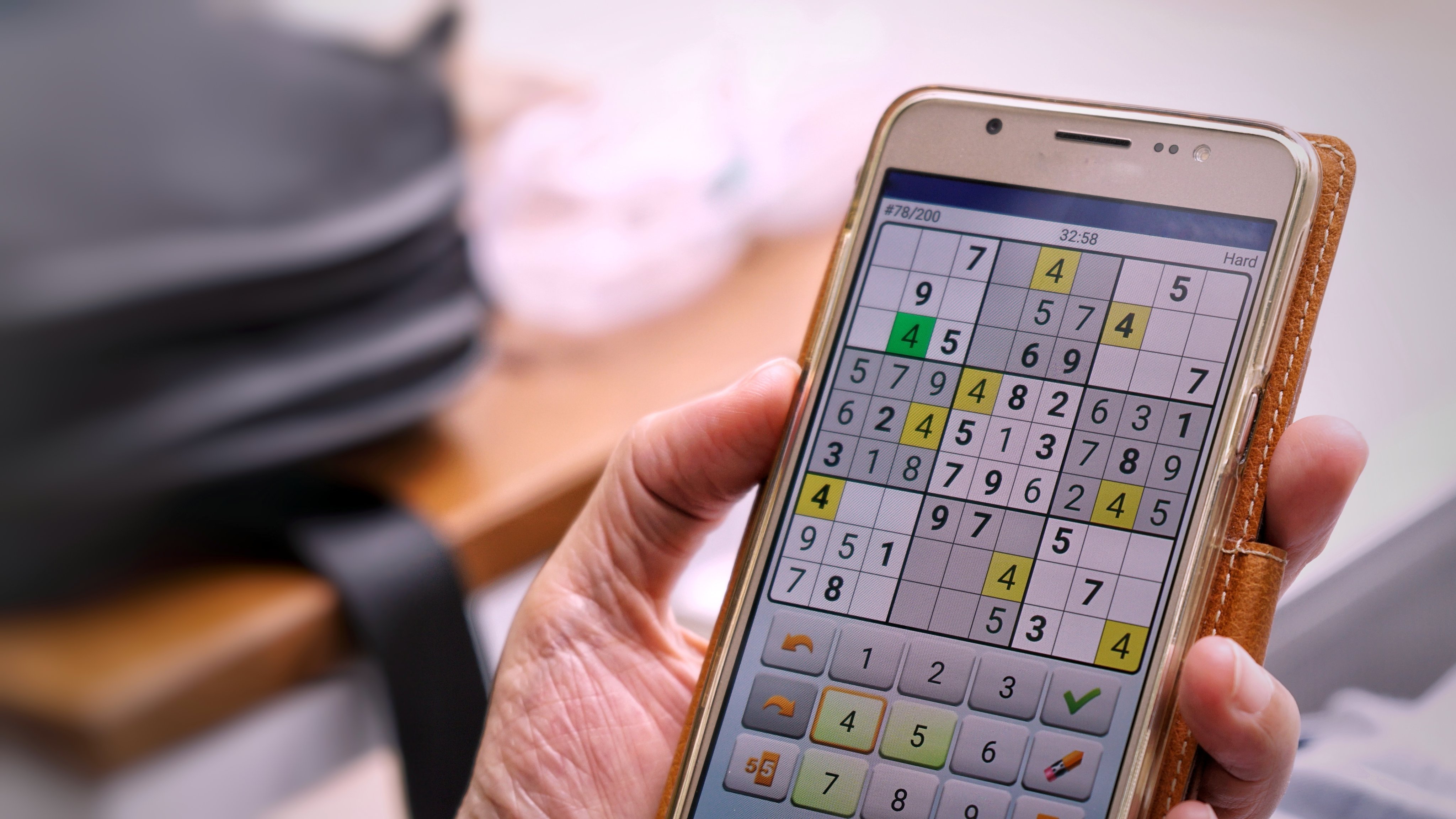Advertisement
Advertisement

Anthea Rowan
SCMP contributor
Anthea Rowan has written for papers and magazines on almost every continent and on a huge variety of subjects, from travel in Africa to mental illness in the States to education in Europe. Her work has appeared in The Times in London, the Washington Post in America and regularly in the South China Morning Post. She is the author of A Silent Tsunami: Swimming Against the Tide of My Mother’s Dementia.
A psychologist’s ‘virtual dementia tours’ are designed to build sensitivity and awareness in those caring for others with the condition.
Age-related macular degeneration (AMD), a leading cause of severe vision impairment, comes in dry and wet versions, with treatment for both.
Leading global trends in the American College of Sports Medicine’s 2025 report include advances in wearable tech beyond tracking steps.
Is it dementia? A popular neurologist uses five simple tests of cognitive function to help gauge the health of a patient’s brain.
Advertisement
A neuroscientist describes how traditional Chinese medicine may provide modern solutions to preserving cognitive function as we age.
The holidays can exacerbate symptoms of obsessive-compulsive disorder but new research into its causes is leading to greater understanding.
The festive season can be confusing and noisy for those with dementia, but these expert tips will help everyone enjoy the occasion.
Shingles causes a rash that can feel like ‘being burned and electrocuted’ at the same time. We look at its symptoms, treatment and vaccine.
Studies show that retaining muscle mass as you age, especially through resistance training, may help safeguard your cognitive health.
Being frail raises the risk of cognitive decline as we age, studies show. Exercise and a healthy diet can help avoid it, researcher says.
Erectile dysfunction (ED) and psychological issues such as anxiety and depression can form a vicious circle, making erection problems worse.
People living in polluted areas are more likely to develop Alzheimer’s disease and other dementia types, studies show.
More grown-ups are admitting to having adult ADHD, calling attention to a disorder that affects about 2.58 per cent of the global population.
Memory loss is not the only early warning sign of dementia conditions like Alzheimer’s disease. Experts describe other symptoms to watch for.
A psychologist explains how children process fear and gives advice to parents on how to help kids cope and have a happy Halloween.
Experts explain what leads to depression at work, red flags from lateness to illness, and how employers can maintain morale and productivity.
Any type of exercise is good for your brain, experts say, as it reduces blood pressure and inflammation, increases good proteins, and more.
Men are less likely than women to talk about their feelings, and although more men see therapists these days, many are still reluctant.
Consuming flavonoids, pigments in foods such as berries and red onion and drinks like tea and wine, has been linked to a lower dementia risk.
On World Heart Day, we look at advances in detecting risks of heart attack and stroke, and steps being taken to promote healthy lifestyles.
On World Alzheimer’s Day, we examine how a timely diagnosis can prepare someone with early dementia, and the pros and cons of a new drug.
An eye test can reveal many conditions, from high blood pressure to thyroid disease and diabetes, and preserving good eyesight can stave off dementia.
Ozempic and similar weight-loss drugs can lower the risk of heart attack, stroke, kidney and liver disease, and even increase fertility.
To begin World Alzheimer’s Month and to mark the coming World Carers’ Day, we offer advice for carers of dementia patients, including tips from a professor of dementias.
Sad music, from Taylor Swift to Eric Clapton to Beethoven, makes us feel a certain way, says a researcher from the University of New South Wales in Australia – it also ‘creates a sense of oneness’.
LDL cholesterol is not just bad for our hearts, but can increase our risk of dementia too, a Lancet review reveals. Changes to our diet can lower the level of ‘bad’ cholesterol in our bodies.
Sudden cardiac arrest is the leading cause of death in young athletes. We talk to heart experts about its causes, how to prevent it, and how to help someone struck by one.
New Alzheimer’s disease research finds that a plant-based diet, strength training exercise and meditation can help reverse the symptoms of the most common type of dementia.
Should you do thousands of steps a day, or 150 minutes of moderate to vigorous physical activity a week, as the World Health Organization advises? It doesn’t matter, just as long as you are active, study finds.
Playing mind game apps can help fight dementia, as long as they are challenging and preferably unfamiliar, say experts. Reading, doing jigsaw puzzles and playing chess are also beneficial.

Related Topic
Wellness